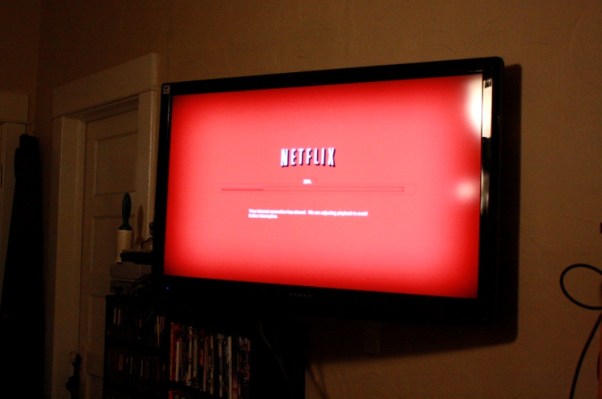We live in a world where Netflix is receiving Emmy nominations. The streaming video company received an unprecedented number of Emmy nominations — 14 in all. That included nine nominations for the Kevin Spacey-led political drama House of Cards, three for Arrested Development, and two for Hemlock Grove.
There are some who might say that Netflix’s nominations aren’t a big deal, and that most of them came on the strength of one big show. But that line of thinking ignores just how quickly this all came to be.
Netflix’s Emmy nominations came just two years after it first announced its plans to get into original programming with House of Cards, and a little more than a year after its first original series, Lillyhammer, actually launched on the service. Those nominations show that Netflix is becoming a real player in TV, and that it can compete with the big boys and is working to do so.
So Netflix isn’t HBO yet. That network might have racked up more than 100 nominations, but it’s been doing this original programming thing for more than 20 years. What’s important isn’t the number of nominations Netflix received, but that it is in the running at all.
That’s because it isn’t what you’d think of as a traditional TV network. It has no linear programming, and all shows are distributed in an on-demand fashion. It doesn’t have weekly release schedules for its episodes, it just makes the entire season of a show available all at once.
Most importantly, Netflix isn’t broadcast over the air, nor is it piped into your house via coax or beamed via satellite the way HBO and all the other cable networks are. Instead, it’s transmitted digitally — and not just to your TV, but to your computer, to your tablet, to your mobile phone.
That’s why Netflix being recognized by the Academy of Television Arts & Sciences is so significant. Two years ago, Netflix was a place where people watched reruns of their favorite shows and bad movies on their computers. But now it’s making TV series. And good TV series at that.
We’ve seen this play out before. It’s difficult to imagine now a world where the way you got your TV mattered, but I’m old enough to remember getting hooked up for cable and being able to watch Peggy Sue Got Married and Howard the Duck on HBO. Thirty years ago, cable networks emerged but mostly ran syndicated, rerun TV shows and B movies. Then pioneers like HBO began making their own shows. And now the cable networks are generally making better TV than the broadcast networks are.
All of which is why many people are excited by this next wave of TV. Netflix is at the forefront of this change, but we’re seeing original programming also emerge from other streaming providers like Amazon Studios and Hulu. They might not be Emmy-ready yet, but it seems like only a matter of time.
Photo Credit: MoneyBlogNewz via Compfight cc
